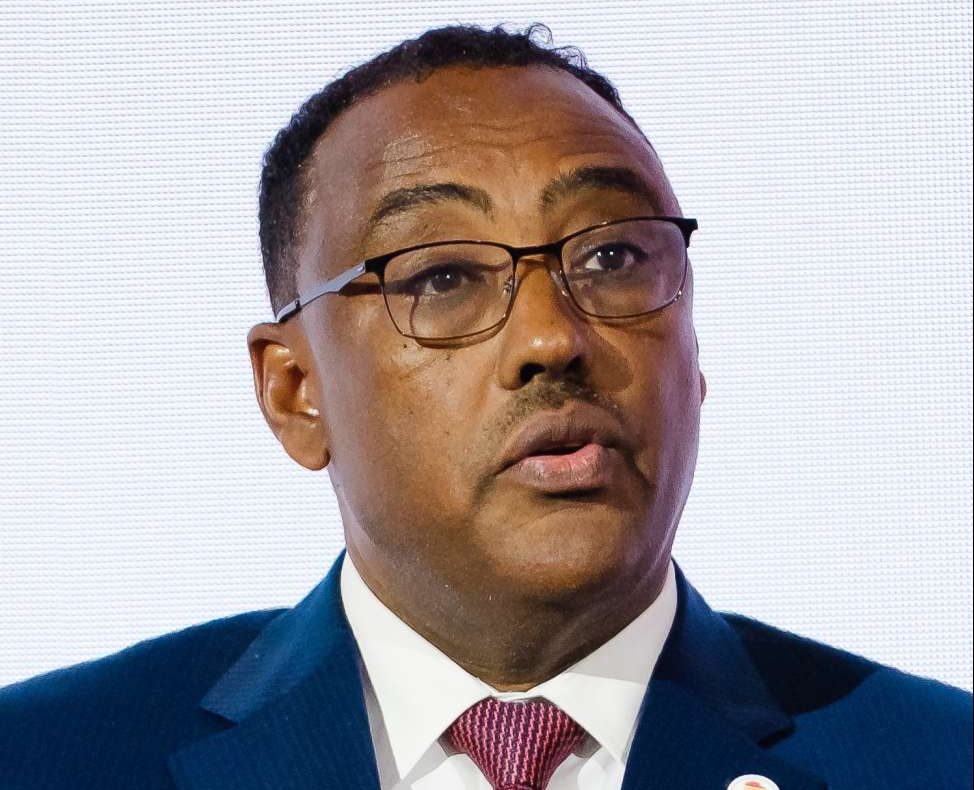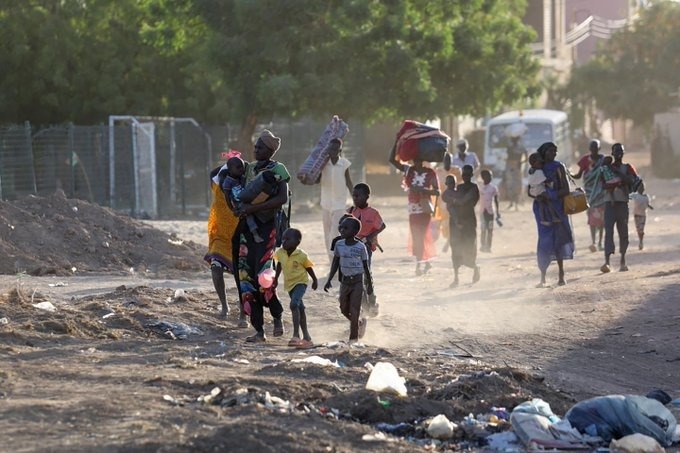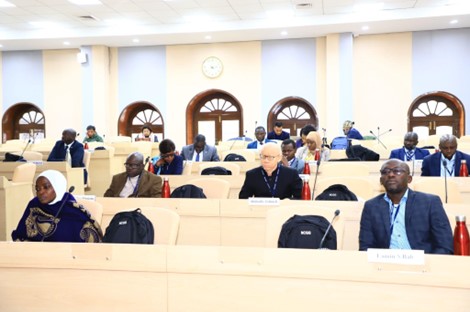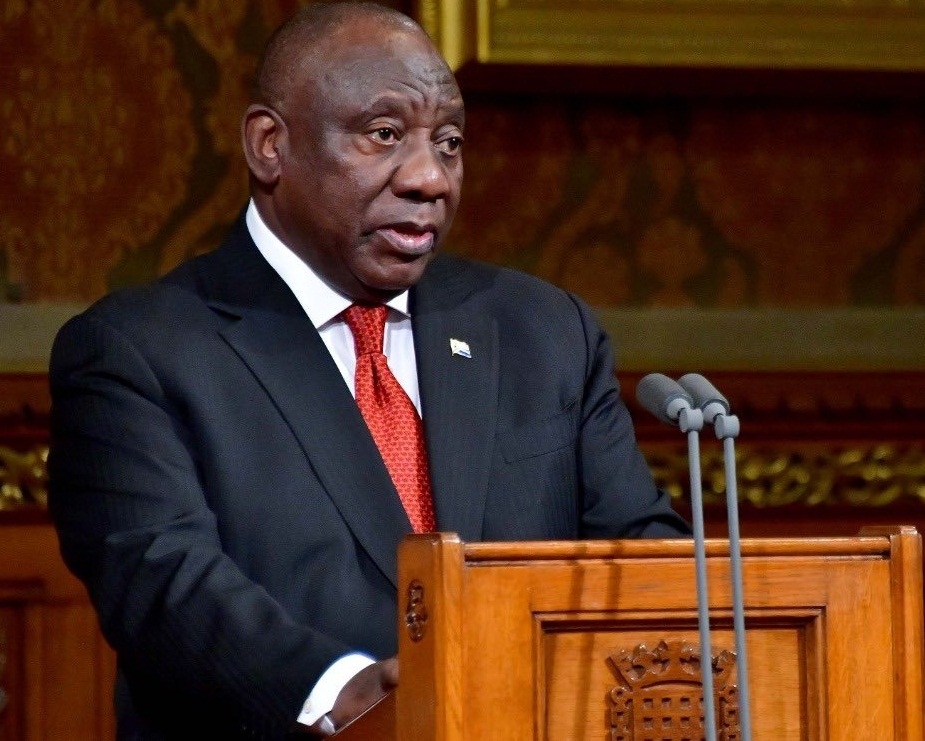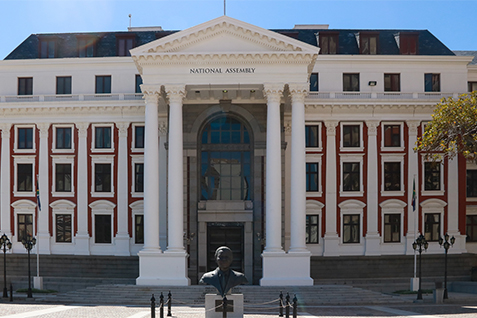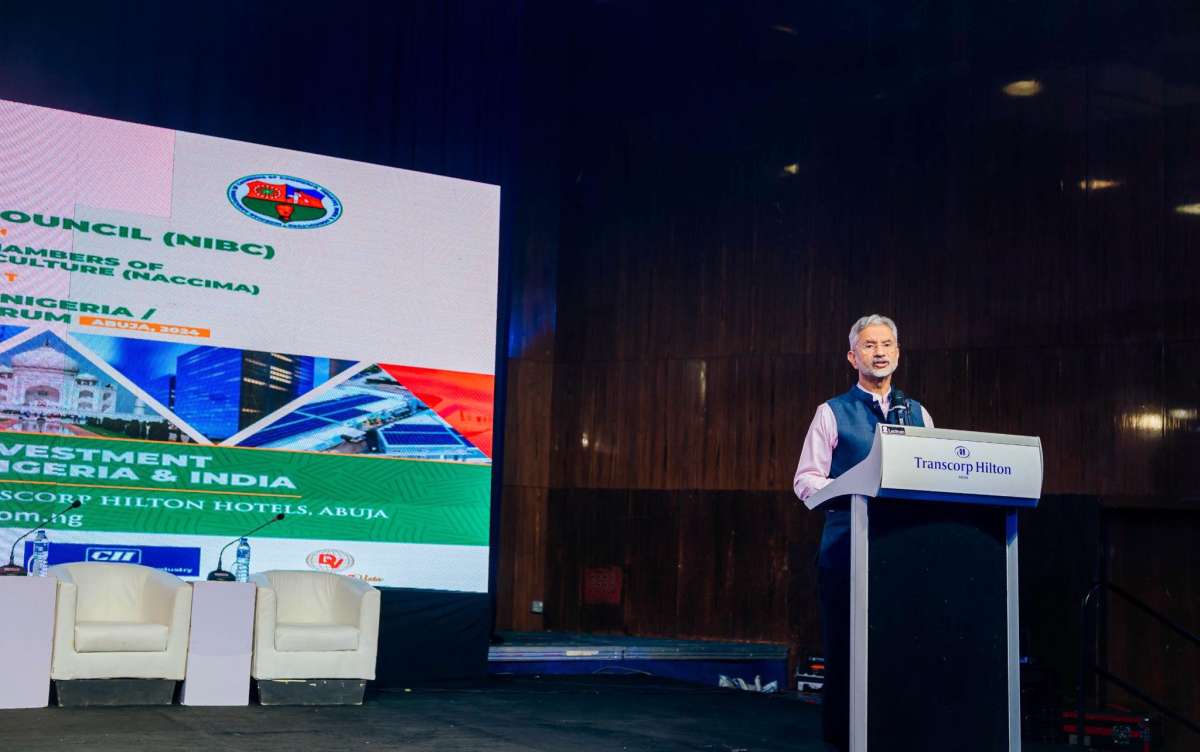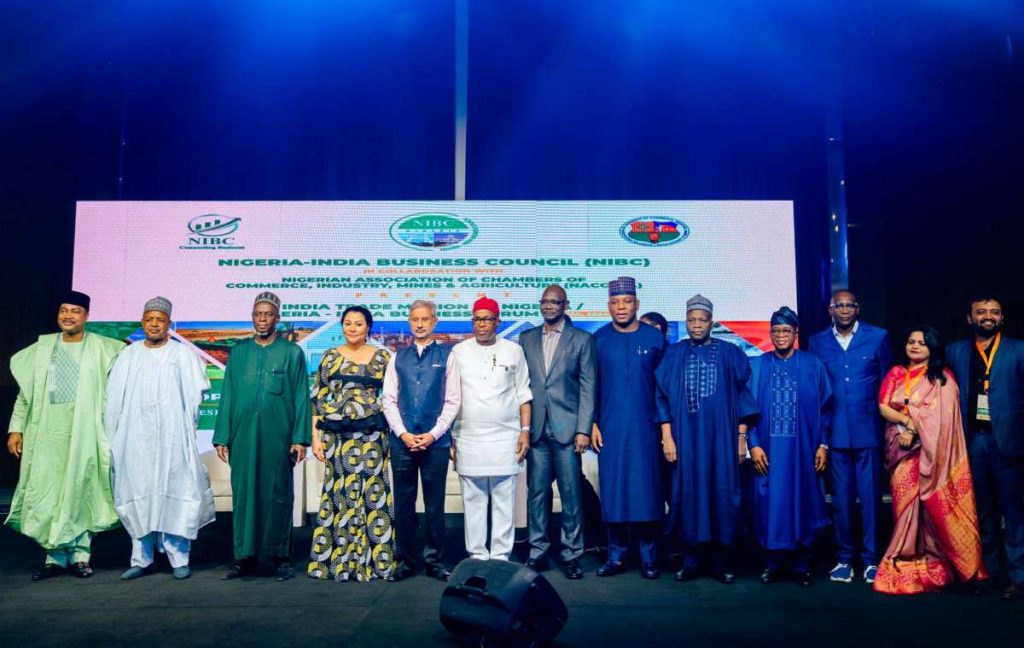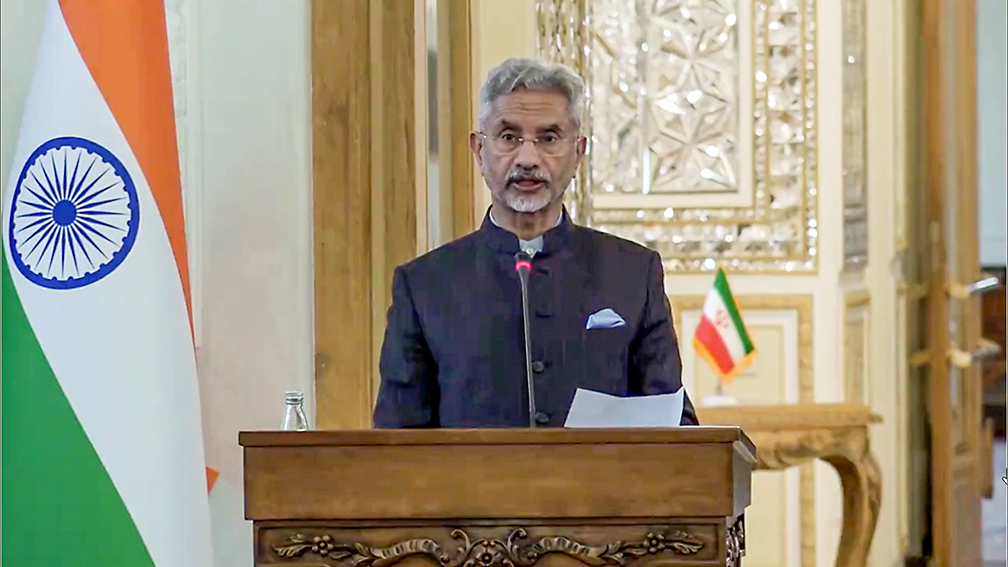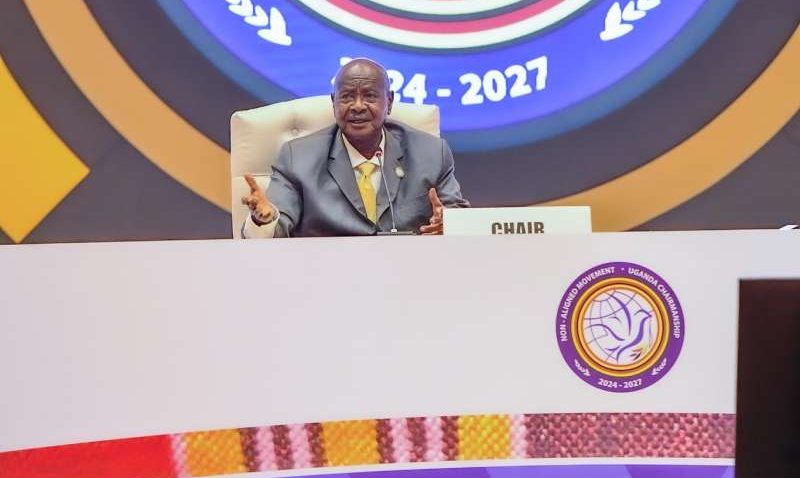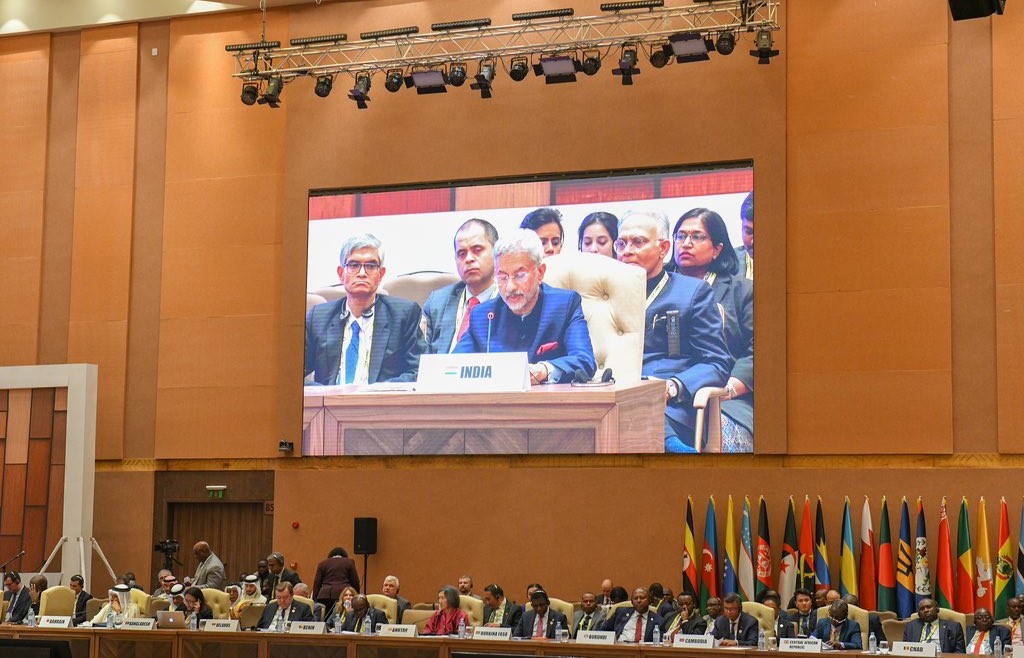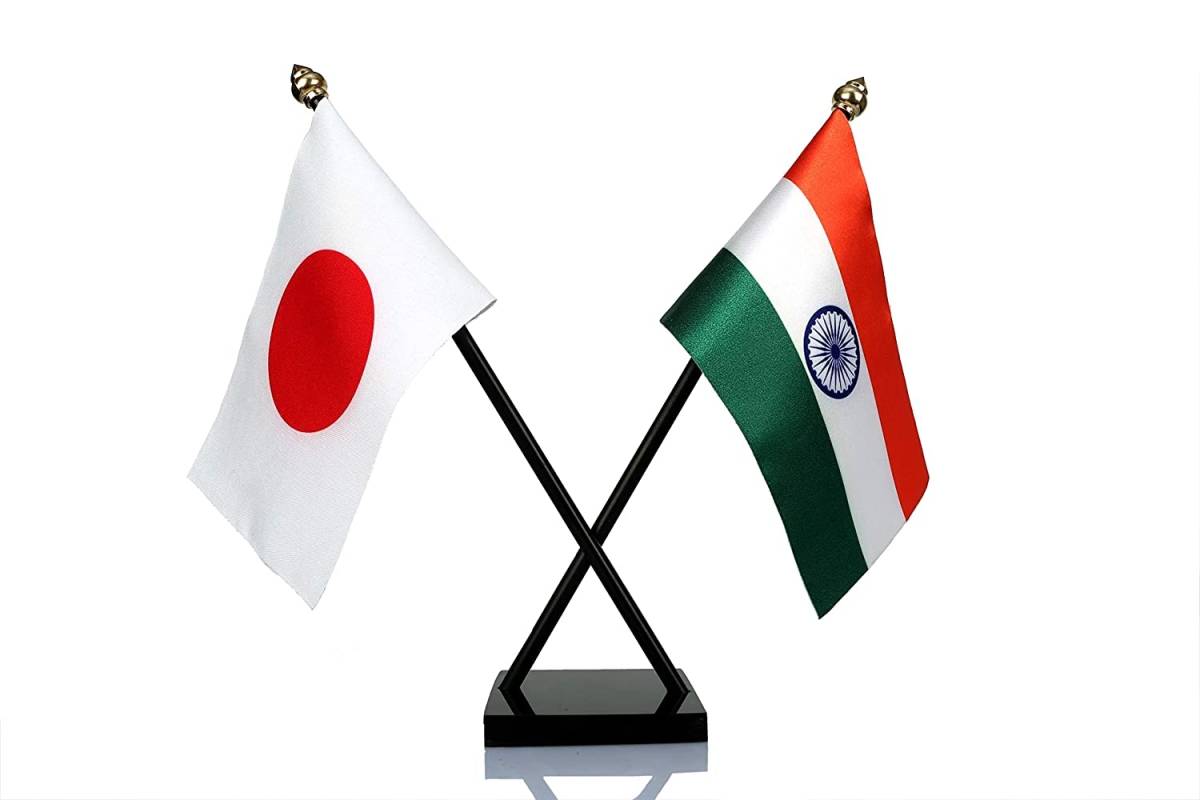Demeke’s replacement within the party “should mean his departure as deputy prime minister as well,” a source close to the government of Prime Minister Abiy Ahmed said…reports Asian Lite News
Ethiopia’s long-serving Deputy Prime Minister Demeke Mekonnen was dropped on Friday as vice president of the country’s ruling party, state media reported, raising doubts about his future role in the government.
State-affiliated Fana Broadcasting Corporate said that Demeke, who is also a foreign minister and hails from the Amhara ethnic group, was replaced in the Prosperity Party by Ethiopia’s intelligence chief.
The party had “unanimously elected” Temesgen Tiruneh, who heads the National Intelligence and Security Service, in a reshuffle that followed its “leadership succession principle and operating system,” Fana added.
The move was also reported by Ethiopia’s official press agency ENA.
Demeke’s replacement within the party “should mean his departure as deputy prime minister as well,” a source close to the government of Prime Minister Abiy Ahmed said.
“It is our understanding” that Demeke would also exit the deputy prime minister post he has held for 11 years, one foreign diplomat in Addis Ababa said.
The constitution has no provision linking the two positions, but the tradition runs deep.
Demeke became deputy prime minister in 2012, shortly after being elected vice president of the EPRDF, the coalition which ruled for nearly three decades until Abiy rose to power in 2018.
Demeke succeeded Hailemariam Desalegn, who held both positions until he was elected president of the EPRDF and prime minister of Ethiopia upon the death of Meles Zenawi.
Once in office, Abiy merged most of the parties of the EPRDF into the Prosperity Party. Demeke was elected vice president and retained his position as deputy prime minister.
He became foreign minister in November 2020 at the outset of the government’s declaration of war against the northern region of Tigray, whose rebellious leaders rejected Abiy and his new party.
The war lasted two years until a peace accord was signed, but the deal sparked violent hostilities between Addis Ababa and their erstwhile allies in the Amhara region, which opposed the pact with Tigray.
ALSO READ-UN Reports Severe Flooding in Ethiopia Affecting 1.5 Million People

